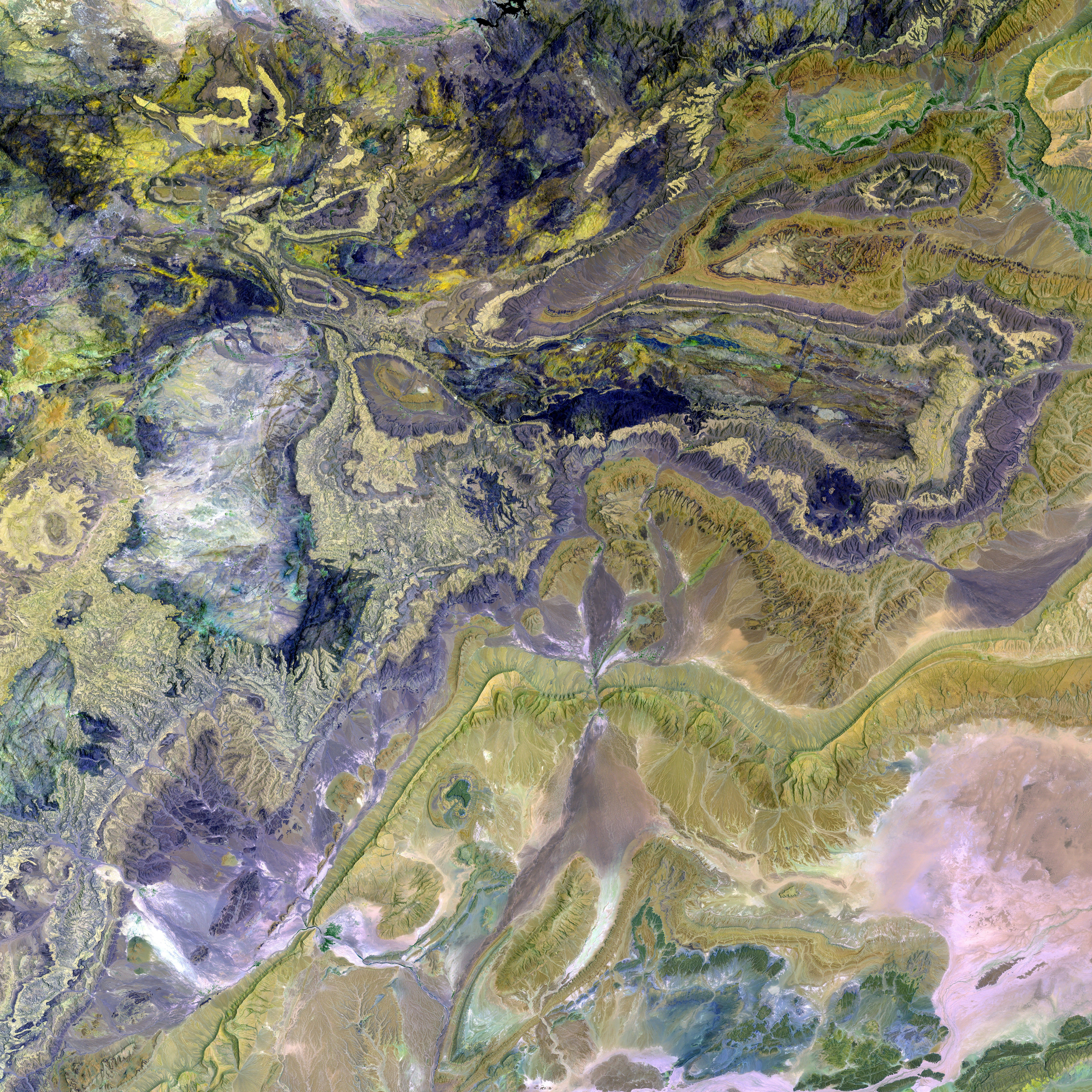Kickin' it Old-School Farming: EU Commission's Plan to Cut Red Tape for European Farmers
EU Commission Plans to Streamline Farming Regulations for Farmers - EU Commission advocates for streamlining farming regulations
Yeaaah, farmers all across the EU are about to face a whole lot less bullshit on paper, thanks to the European Commission's smart ideas. By streamlining the farm subsidy system, the Commission reckons farmers can save up to €1.58 billion in administrative hassle and bureaucracy. National authorities? They could save around €200 million too.
The Commission ain't too keen on farmers dealin' with stringent administrative requirements that don't fit the local vibe. For instance, organic farmers might not need to prove they meet certain EU environmental standards to get EU funds.
To minimize the paperwork, controls will increasingly rely on satellite tech. And there's a new principle: only one on-site inspection per year and farm.
Germany's Agriculture Minister Seeks Simplifications Real Soon
The proposals are a solid starting point for future negotiations, said Germany's Federal Agriculture Minister Alois Rainer (CSU). "Farmers need freedom, not forms," the dude said. His goal? To achieve these simplifications this year and keep the desk from being the most important field for farmers.
Before the new rules can go live, they gotta get approved by the European Parliament and EU member states.
More Money for Dealing with Crises
To help farmers tackle crises like drought, frost, disease, or storms, EU member states will be able to set aside three percent of EU farm funds for such issues in the future. With climate change, it's expected weather-related crises will become more common.
Summer droughts lasting longer as a result of global warming are becoming more frequent. Climate change increases the chance of extreme heat events, which can bring down crop yields. Also, the chance of storms and floods in many regions is rising.
Big Farmer Protests Led to This
Last year, farmers across the EU started protesting, and some relief came their way. Environmental regulations loosened, and smaller operations were spared checks. In several countries, farmers took to the streets, complaining about the never-ending bureaucracy.
And here are some additional sweet details for you:
The heart of the changes focuses on lessening administrative burdens for farmers and members states, simplifying compliance with environmental and health rules, and boosting digitalisation in subsidy management. A few key modifications for farmers include:
- Skipping Some Environmental Rules: The plan introduces exceptions (conditions) from certain environmental rules to make life easier for farmers, particularly impacting issues like the definition of permanent grassland, which affects land use flexibility.
- Simplified Administrative Processes: The reform simplifies on-farm checks and paperwork by getting rid of overlapping regs, such as those related to organic farming and environmental conditions, thus minimizing the paperwork and making the system less complicated.
- Digitalisation and Interoperability: National administrations are encouraged to develop interoperable digital systems based on a "report once, use multiple times" principle. This allows farmers to submit data through a single platform, saving time and effort spent on multiple submissions.
- Greater Flexibility for National Strategic Plans: Member states will have more power to revise their subsidy plans quickly, with faster approval processes for changes that directly benefit farmers.
- Increased Lump Sum Payments for Environmentally Friendly Practices: The proposal includes raising lump sum payments for independent farmers who adopt environmentally friendly practices, effectively doubling current payments to about €2,800. This aims to support environmentally sound farming while improving farmers' incomes.
The reform is partly a response to widespread farmer protests across Europe, showing the EU's commitment to protecting farmers' livelihoods and maintaining agricultural competitiveness. While some environmental conditions will be relaxed to ease farmers' burdens, eight out of nine such rules will be kept, but applied in a more pragmatic way to balance the environment and farmers' concerns.
- The European Commission's plan to reduce red tape for European farmers includes an employment policy that aims to simplify administrative processes for farmers, minimize paperwork, and boost digitalization in subsidy management, thereby reducing financial strain.
- Under the proposed changes, certain environmental rules may be skipped for farmers, particularly impacting issues like the definition of permanent grassland, which affects land use flexibility. This employment policy is intended to provide greater flexibility and reduce the administrative burden on farmers, while maintaining a balance between the environment and farmers' concerns.





